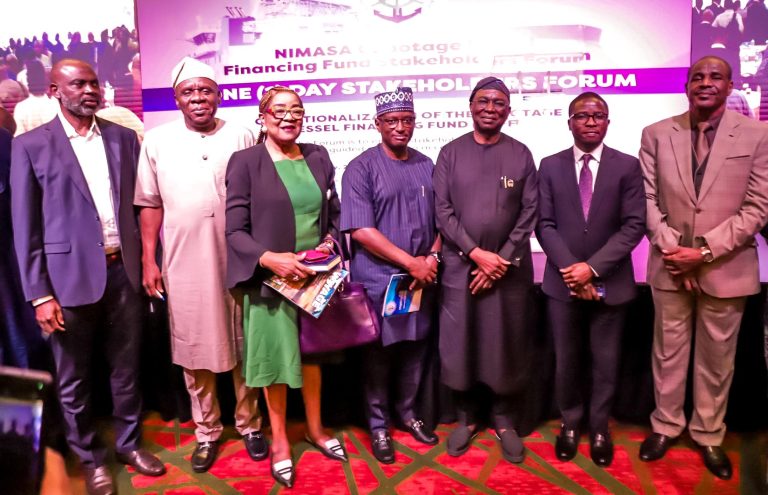Since the beginning of 2018, Nigeria has recorded 16 deaths from 61 confirmed cases of Lassa fever across the country.
The Nigeria Centre for Disease Control (NCDC ), in a press statement released on Wednesday said a total number of 107 suspected cases has been recorded in ten states across the country.
The states are Edo, Ondo, Bauchi, Nasarawa, Ebonyi, Anambra, Benue, Kogi, Imo and Lagos.
According to the health agency, as at January 21, ten out of the 61 confirmed cases were health care workers from four states Ebonyi- 7 , Nasarawa -1 , Kogi- 1 and Benue -1 out of which four are now deceased.
Health workers are most times secondary victims who get infected while treating patients with the disease.
Between 2005 and 2018, the infection claimed over 40 health workers in Ebonyi according to the state chapter of the Nigerian medical Association, NMA.
The Minister of Health, Isaac Adewole, on Tuesday warned all health professionals to investigate every case of fever before treatment.
Mr. Adewole said every fever must be investigated properly and treated appropriately. He said no one should treat malaria without diagnosis.
The Executive Director, NCDC, Chikwe Ihekweazu also advised health workers along same line urging them to practice standard precautions at all times.
He said health workers should maintain a high index of suspicion while treating patients with aliments which presents malaria symptoms because Lassa fever appears initially like any other disease, causing a febrile illness such as malaria.
Mr. Ihekweazu said Rapid Diagnostic Test, RDT must be applied to all suspected cases of malaria.
“When the RDT is negative, other causes of febrile illness including Lassa fever should be considered. Accurate diagnosis and prompt treatment increase the chances of survival,” he said.
Lassa fever is an acute viral haemorrhagic illness, transmitted to humans through contact with food or household items contaminated by infected rodents.
Person-to-person transmission can also occur, particularly in hospital environment in the absence of adequate infection control measures.
Lassa fever can be prevented through practicing good personal hygiene and proper environmental sanitation.
Effective measures include storing grain and other foodstuffs in rodent-proof containers, disposing of garbage far from the home, maintaining clean households, and other measures to discourage rodents from entering homes.
Hand washing should also be practiced frequently.
In the meantime, the Federal Executive Council (FEC) has approved N25 billion for repairs of Hadejia-Nguru road, linking Jigawa and Yobe states and the completion of Gari irrigation projects to serve Kano and Jigawa states.
Water Resources Minister Suleiman Adamu and the Minister of State for Power, Works & Housing counterpart, Mustapha Shehuri, made the disclosure yesterday at the end of the weekly FEC meeting.
Adamu said that FEC approved N14.5 billion for the completion of Gari irrigation projects meant to serve Kano and Jigawa states, which according to him, had been abandoned since 2000 after it was over 50 per cent completed.
The project, he explained, was one of the 116 abandoned projects inherited by the ministry and among the top priority projects of the government because of its capacity to serve 2,000 hectares.
Shehuri said that the Council also approved N10.5 billion for the repair of Hadejia-Nguru road linking Jigawa and Yobe states.
He said the 30-kilometre road project had been awarded to a civil engineering company, Mothercat.
Also speaking, the Minister of Heath, Prof. Isaac Adewole, said that the Federal Government had released $1 million for the delivery of contraceptives for the enhancement of quality family planning among Nigerians since 2016.
According to him, procurement for the implementation of the plan led by a committee chaired by a director in the ministry had equally been secured.
He said that the ministry had submitted nine proposals which had been approved by the Council since 2016.
According to him, following a presidential approval of the joint venture agreement between the federal government and May & Baker for the production of local vaccines, a board had been constituted on January 19 to oversee the venture and consequently, Nigeria will begin to produce its vaccines within the next two years.
Premium with additional report from Citizen

















